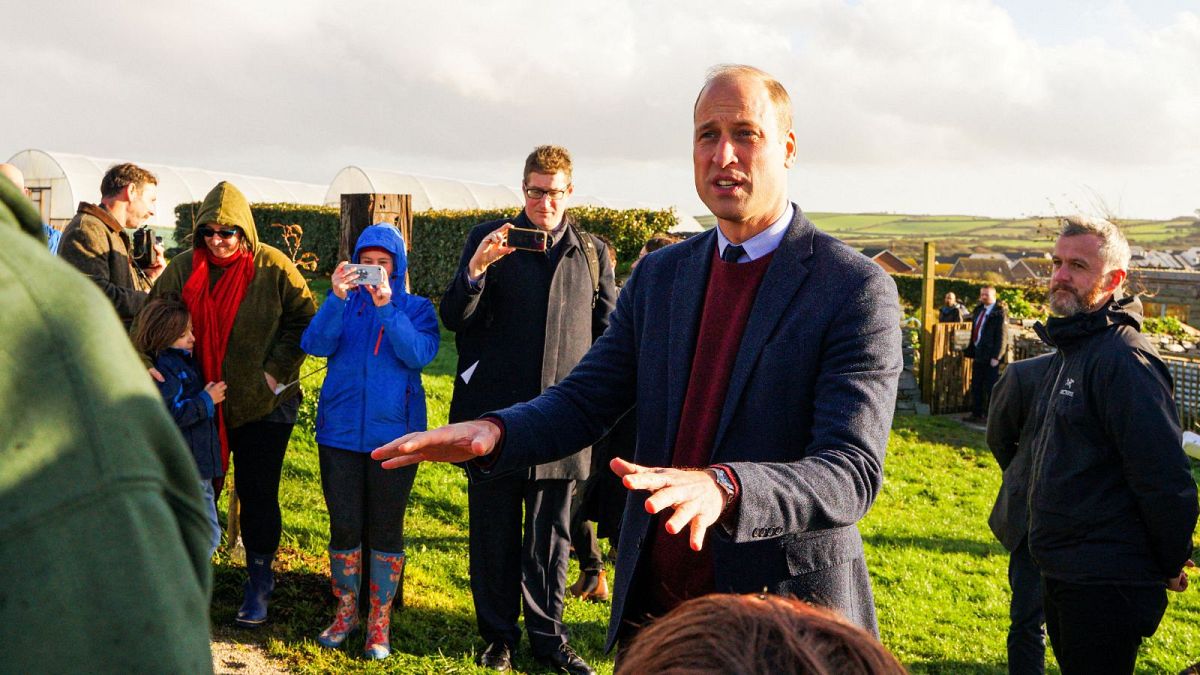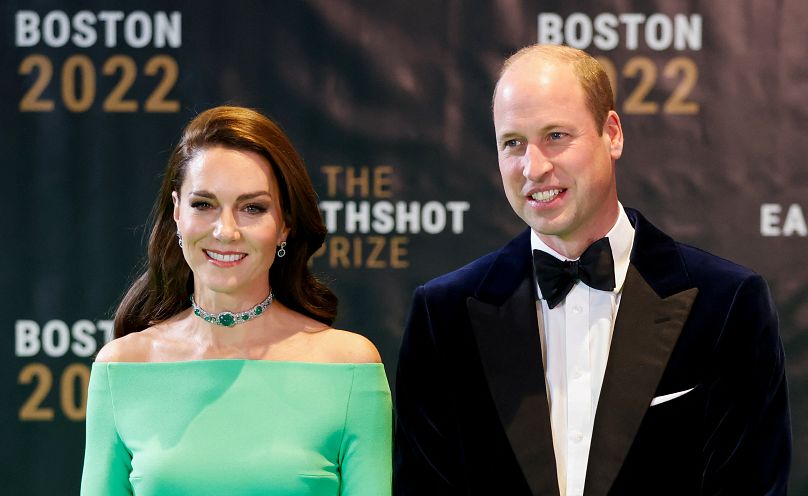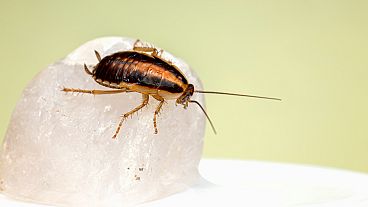The Duchy of Cornwall includes one of Britain’s ‘lost rainforests’, which could be returned to a vital habitat and carbon sink.
Prince William is under pressure from environmentalists to rewild part of his estate in England.
The Prince inherited the 530 square kilometre Duchy of Cornwall after Queen Elizabeth II’s death and the land makes up around 0.2 per cent of the UK.
It includes a huge chunk of Dartmoor National Park in Devon which falls within Britain’s ‘rainforest zone’ - an area where the climate is ideal for rainforests and nature to thrive.
More than 25,000 people have already signed a petition led by campaign groups Wild Card and 38 Degrees calling on the royal to restore Dartmoor to its former glory.
“When you became the Duke of Cornwall, you inherited a vast landed estate,” states the petition.
“Sadly, much of this land contains damaged habitats and is lacking the rich biodiversity it could have.”
Temperate rainforest once covered a fifth of the UK’s landmass, with woods sprouting from the tip of Cornwall to the top of western Scotland. Now only pockets of this ecosystem remain.
Letting trees regrow and reintroducing lost species are two key solutions proposed by rewilding advocates.
They add that rewilding is “a brilliant way to fight the climate crisis because this land absorbs and stores carbon from our atmosphere, helping to lower global temperatures.”
How likely is Prince William to rewild Dartmoor?
Critics say Prince William doesn’t always get it right on environmental matters. His conservation charity was found to bank with one of the world’s biggest backers of fossil fuels last year.
And the Duke has been criticised for his comments on overpopulation in Africa - talking up the pressure on resources when experts say the key issue is the carbon-intensive activities of the world’s richest people.
But the 40-year-old royal has also made it clear that, like his father King Charles III, the environment is something of a personal priority. In 2020 he launched the Earthshot Prize, dedicating €55 million to pioneering climate projects over the next decade.
“Prince William claims the environment is a top priority for him - so this feels like a no-brainer for him to agree to,” 38 Degrees says in its appeal.
A strong precedent for rewilding royal land
There is also a strong precedent so far as royal land management goes. In 2021, campaigners enjoyed some success in petitioning the Crown Estate - an independent corporation which manages the monarch’s vast landholdings - to commit to rewilding.
TV presenter and naturalist Chris Packham was among those who met with the business in December of that year and found it receptive to Wild Card’s ideas.
The Crown Estate has been “collaborating with experts to achieve this goal and plans are progressing - now we just need to get other private Royal estates on board,” writes 38 Degrees.
“Rewilding one family’s land wouldn’t usually make much difference to the climate crisis - but when you’re the biggest landowning family in the country, it can make a massive difference,’ it adds.
Campaigners say the British royal family’s land amounts to around 3,400 square kilometres. The UN has previously said the world needs to rewild an area the size of China to combat biodiversity loss and ecosystem collapse.
A spokesperson for The Duchy of Cornwall told Euronews Green that, “Sustainable stewardship is at the heart of everything the Duchy does.
'We have championed the preservation of natural ecosystems for over fifty years and are constantly looking for new ways to continue improving biodiversity, conservation and public access to green spaces.”




